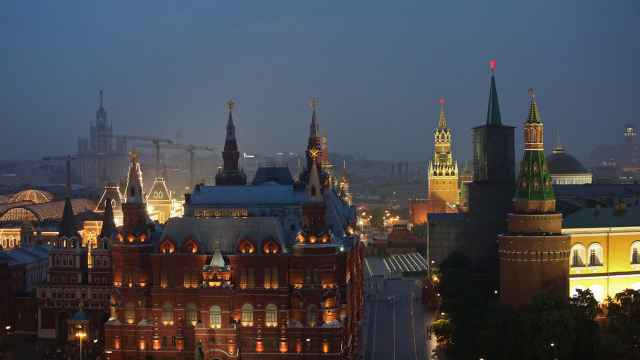
Anna Grishchenkova
Manager
FBK Legal
In the last few years, arbitration clauses have been used very frequently to regulate disputes under various contracts, including before both Russian and foreign arbitration courts, for example in London and Stockholm.
But many issues arise when applying these provisions, in particular the kind of arguments that courts of arbitration can consider and how their decisions can be fulfilled.
So far this year, higher courts have often clarified questions regarding the competence of courts of arbitration in Russia and abroad.
On the one hand, the powers of the arbitration courts have been expanded.
At the request of Russia's Supreme Arbitration Court (SAC), the Constitutional Court settled the long-standing uncertainty about whether arbitration courts can settle real property disputes. In its decision of May 26, 2011, Russia's Constitutional Court found that disputes over real property, including disputes arising from mortgage contracts, could be referred to courts of arbitration.
Russia's Constitutional Court also ruled that, based on the arbitration court's decision, judicial foreclosure on a mortgage stated in a contract was possible.
In a series of cases, the Supreme Arbitration Court defended the decisions made by courts of arbitration and ruled that Russian courts should not review the decisions of arbitration courts on the essentials:
For example,
- In a case involving the Swedish company Stena RoRo AB on the enforcement of a decision by the Stockholm Arbitration Court on the recovery of a 20 million euro loss from the Baltiisky Zavod Joint Stock Company, the Supreme Arbitration Court ruled in favor of the Swedes. The Supreme Arbitration Court ruled that the Russian court could only examine whether a decision's final outcome complies with public policy, but not the arguments or case underlying the decision (Decision of Sept. 13, 2011, No. 9899/09).
- In a dispute between the company AfroAsia Consulting Inc. and the German national Gerhard Wilms, the Supreme Arbitration Court overruled judicial acts that had reversed a decision by the International Commercial Arbitration Court (ICAC) at Russia's Chamber of Commerce and Industry based on arbitration clause in a contract. The SAC ruled that since the parties to the contract were actively involved in a dispute before a court of arbitration and submitted documents and objections, etc., the Russian state court had no right to return to issues of applicable law and to the form of the contract and its conclusion and termination, and should leave the decision of the arbitration court unchanged (Decision on Case No. ВАС-6478/11).
On the other hand, the powers of courts of arbitration have been reduced in some cases. For example, the SAC has recognized as illegal the practice of submitting disputes to "pocket" courts of arbitration (a dependent arbitration court that exists under protection of a company or a holding of companies). For example, in a mentioned case a chairman of the arbitration court, Rosprom was an employee of a defendant OJSC Rosprom. SAC decided that a dispute with OJSC Rosprom cannot be tried by such arbitration court because judges are not unbiased and found the arbitration clause referred disputes to such arbitration court to be void. As a result the activity of many arbitration courts that exist under protection of large Russian companies is questioned (Decision of June 28, 2011, No. 1308/11).
An analysis of recent court trends suggests that higher courts now constantly use the complex approach in dealing with matters of arbitration, trying on the one hand to expand the powers of the arbitration courts where possible, but on the other, trying not to allow courts of arbitration to become a way to manipulate decisions and obtain unjust rulings.
We shall see what 2012 has in store for us — whether the number of disputes considered by arbitration courts will increase, and in which direction the scales will tip.
A Message from The Moscow Times:
Dear readers,
We are facing unprecedented challenges. Russia's Prosecutor General's Office has designated The Moscow Times as an "undesirable" organization, criminalizing our work and putting our staff at risk of prosecution. This follows our earlier unjust labeling as a "foreign agent."
These actions are direct attempts to silence independent journalism in Russia. The authorities claim our work "discredits the decisions of the Russian leadership." We see things differently: we strive to provide accurate, unbiased reporting on Russia.
We, the journalists of The Moscow Times, refuse to be silenced. But to continue our work, we need your help.
Your support, no matter how small, makes a world of difference. If you can, please support us monthly starting from just $2. It's quick to set up, and every contribution makes a significant impact.
By supporting The Moscow Times, you're defending open, independent journalism in the face of repression. Thank you for standing with us.
Remind me later.





